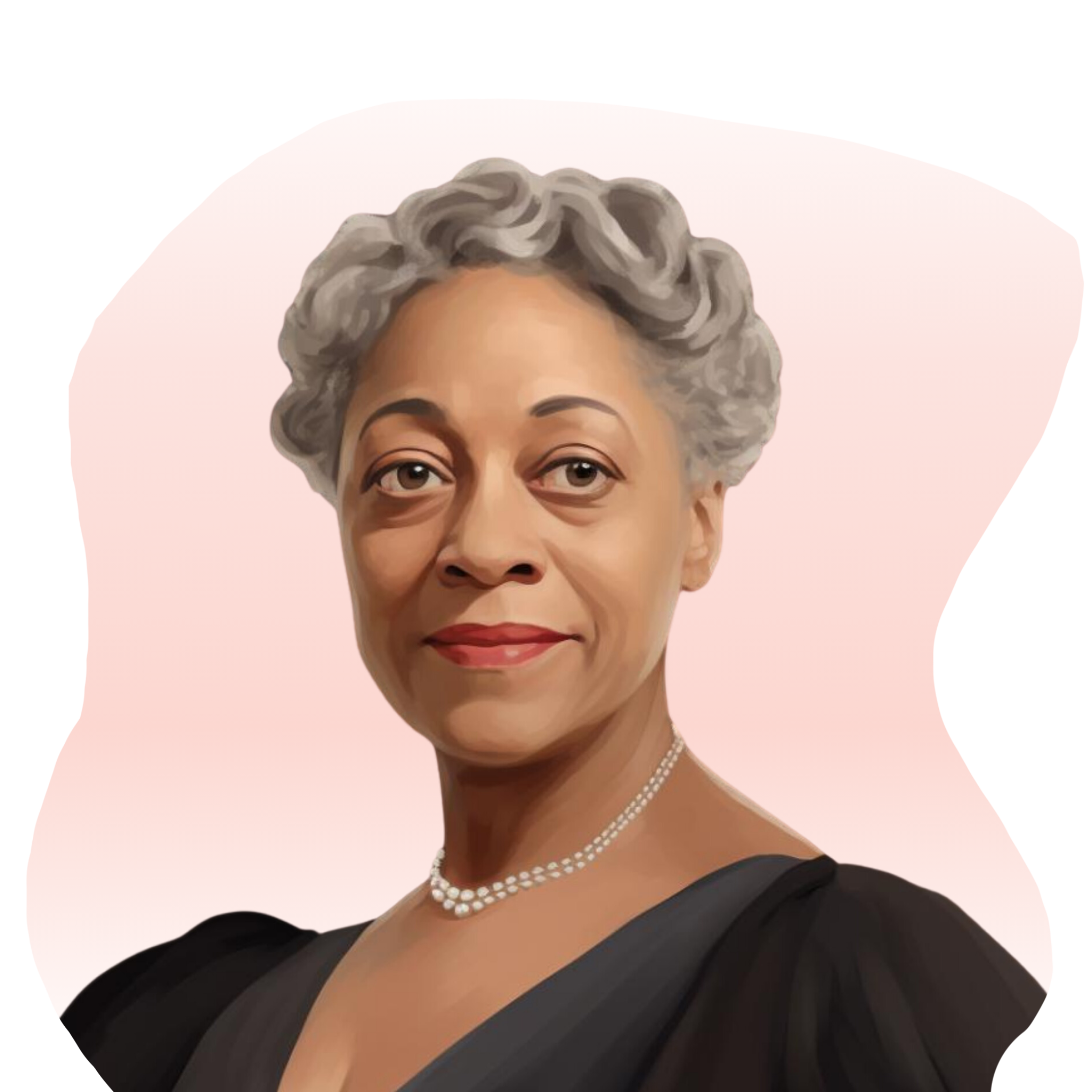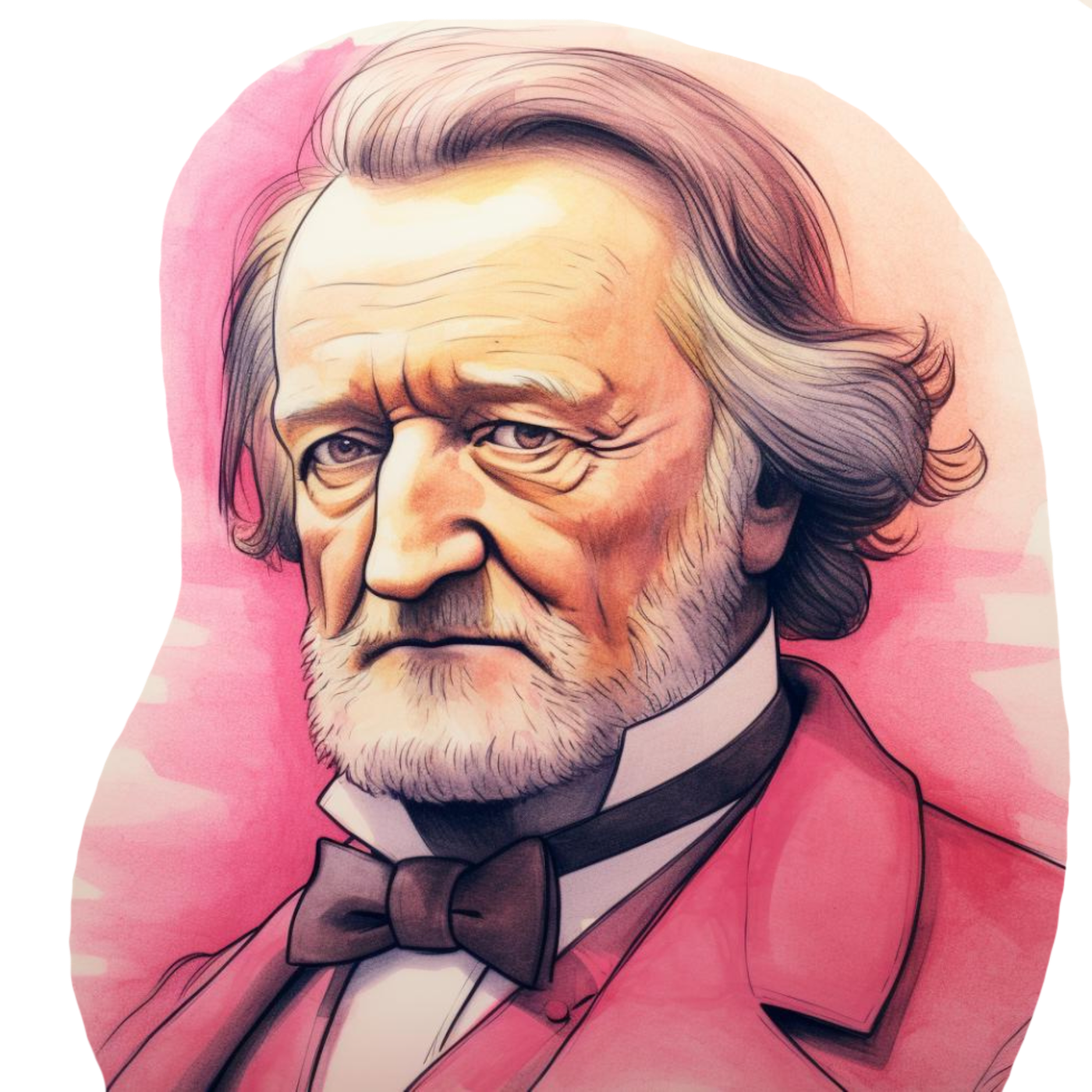New Store Update - Celebrating Black History and Music About Love
Happy February! As we celebrate Black History Month and the day of love on Valentine’s Day, we’re happy to reveal the new avatars and backgrounds update in the Practice Space shop.
We love updating the shop monthly so that you can motivate your students with fun new items frequently! As always, our goal is to make the store updates both amusing and educational!
If you’re new here, your students can add avatars and backgrounds to their inventory to keep their home screen fun and fresh. Students can only purchase from the Practice Space shop after completing their practice goal for the day! (This is a great way to motivate practice, of course!)
Take a look at the new February composer update below! We’ve compiled an amazing group of composers who have created striking works inspired by love and romance - perfect for Valentine’s Day. We’re also highlighting talented Black composers who have made history in the musical space.
Each one comes with their own quotes so the historical individual can tell us about their life and musical career. Below you will find the eight composers for this month and the facts they’ll share on the app. We’ve also included a little biography if you’d like to share with your students!
Florence Price (1887-1953) was a classical composer, pianist, organist, and music teacher. She frequently blended African-American church music into her classical pieces.
Facts in app:
I was the first African American woman to have my symphony performed by a major orchestra.
By the age of four, I was already playing the piano, and I had my first piece published when I was just 11!
In my compositions, I loved incorporating melodies and rhythms from African American spirituals and folk songs.
In 1932, I proudly won first prize in the Wanamaker Competition with my Symphony No. 1 in E minor.
One of my notable fans was the renowned singer Marian Anderson, who performed my arrangement of 'My Soul's Been Anchored in the Lord' at the Lincoln Memorial in 1939.
Franz Liszt (1811-1886) was a Hungarian composer, who spoke no Hungarian! His parents were German, so that's what he spoke.
Facts in app:
I was a child prodigy who had the honor of performing for Beethoven himself.
Being a renowned virtuoso, known for my very long fingers, I once learned and memorized Beethoven's C Minor Piano Concerto in just one day!
My compositions, some of the most challenging ever written, have left audiences mesmerized upon hearing them.
I am credited with starting the concept of Recitals and became the first 'rock star' of the classical music world.
My 'Liebestraum' (Dreams of Love) is a collection of three pieces, inspired by my love for Carolyne. It's a musical story of love and loss.
Harry Burleigh (1866-1949) was a composer and singer who famously arranged spirituals for classical performance and influenced the work of composers like Antonín Dvořák.
Facts in app:
I played a crucial role in developing American art song.
As a singer, I performed at St. George's Episcopal Church in New York City for over 50 years.
I inspired Dvořák's 'New World Symphony' with African American spirituals.
I was the first Black composer to be accepted into the American Society of Composers, Authors, and Publishers.
My arrangement of the spiritual, 'Deep River' became the first to be included in a major recital by a classical singer, opening doors for spirituals in concert halls.
Robert Schumann (1810-1856) was a German composer, who ended up marrying his piano teacher's daughter, Clara. She was also a pianist and composer.
Facts in app:
I once injured my hand with a contraption I built, attempting to strengthen my fingers in hopes of becoming the world's greatest pianist.
Being a man of few words, I cherished quiet walks in the countryside, immersing myself in the tranquil sounds of nature.
Clara and I were blessed with seven children. I prided myself on being an attentive father, spending time with them, reading to them, and playing with them.
One of my most famous works, 'Scenes from Childhood,' might well have been inspired by my deep affection for my children.
The love story between Clara and me remains one of the greatest. For her, I composed 'Widmung' (Dedication), one of three songs I bound in red velvet with the inscription, 'To my beloved bride.'
William Grant Still (1895-1978) was often hailed as the "Dean of African-American Composers" known for blending classical music with jazz and blues.
Facts in app:
I made history as the first African American to conduct a major American symphony orchestra.
My Afro-American Symphony, a blend of blues progressions and African American folk melodies, was a groundbreaking work in classical music.
I composed more than 150 works, including operas, ballets, and film scores, showcasing a diverse musical range.
I broke racial barriers in the world of opera and ballet, being the first African American to have an opera produced by a major company.
I was also a skilled oboist and played in the pit orchestra for Broadway shows in the 1920s.
Edward Elgar (1857-1934) was a British composer whose most famous piece, Pomp and Circumstance is traditionally played at graduations.
Facts in app:
I was one of the first composers to record my music.
Not only did I compose, but I also was an amateur chemist and cyclist. I named my bicycle Mr. Phoebus.
One of my best-loved compositions, Salut D'Amour, (originally titled Love's Greeting), was written to my wife-to-be after she wrote me a poem.
My publisher, Schott, thought Salut D'Amour piece would sell better with the French title, rather than Love's Greeting.
Richard Wagner (1813-1883) was a German Composer who was best known for his intense operas.
Facts in app:
Throughout my life, I conducted, and wrote numerous articles and essays.
(Though I wouldn't generally recommend it), I was mostly self-taught and possessed considerable talent.
I admit, I could be a difficult person at times and I accumulated great debts, often expecting others to settle them.
The Prelude and Liebestod from my opera 'Tristan and Isolde' share a thematic similarity with the tragedy in Prokofiev's 'Romeo and Juliet,' as both sets of lovers are united in death.
Giacomo Puccini (1858-1924) was one of the most important composers of Italian opera.
Facts in app:
I am regarded as one of the most significant composers of Italian opera.
My name is quite a mouthful... Giacomo Antonio Domenico Michele Secondo Maria Puccini!
At the time of my death, my worth was about $200 million dollars, making me one of the most commercially successful composers of all time.
I had a passion for automobiles and would often request them in my contracts with the Metropolitan Opera.
O Soave Fanciulla from 'La Bohème' is a romantic duet, sung by Rodolfo and Mimi, capturing the moment they realize they've fallen in love.
Background Update
Some other fun additions
These all cheer the student on but also talk about tempo and other musical terms!











